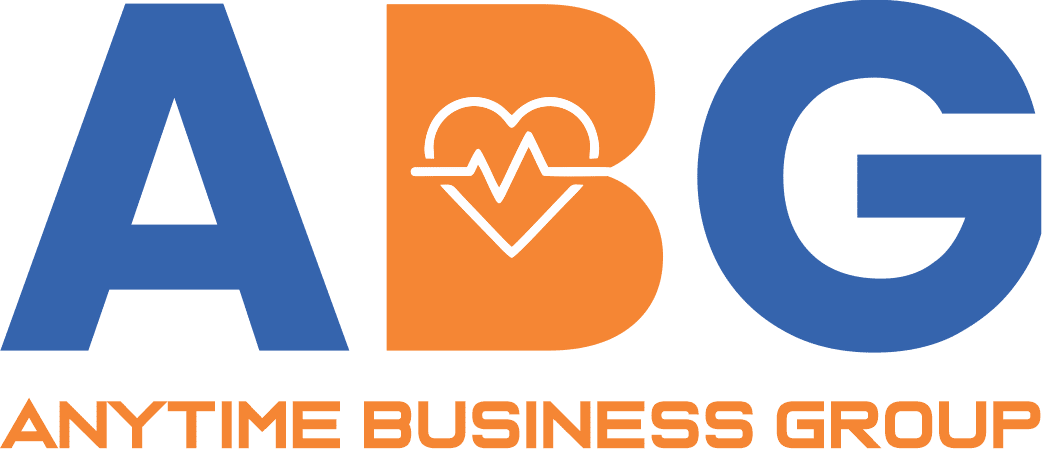Effective communication is paramount when dealing with home care agencies. Whether you are a family member seeking assistance for a loved one or an individual exploring care options, establishing clear and open lines of communication is crucial. This article aims to provide comprehensive insights and practical tips for effective communication with home care agencies.
1. Understand Your Needs:
Before reaching out to a home care agency, it’s imperative to have a clear understanding of your needs. Whether it’s short term, reablement or long-term care, assistance with daily activities, or specialised medical attention, articulating your requirements will streamline the communication process. This clarity ensures that the agency can tailor their services to meet your specific needs.
2. Research and Shortlist:
Not all home care agencies are fully compliant. Conduct a thorough research to identify reputable agencies that are fully compliant e.g. CQC registered, members of Homecare Association, with a track record of providing quality care. Utilise CQC ratings, online reviews, testimonials, and recommendations from healthcare professionals or friends to compile a shortlist of potential agencies. This initial groundwork sets the stage for meaningful conversations.
3. Initial Contact:
When reaching out to home care agencies clearly articulate your purpose, whether it’s an inquiry or a request for services. Be prepared to provide relevant information such as the type of care needed, the frequency of assistance required, and any specific medical conditions or preferences. This initial contact lays the foundation for further discussions.
4. Ask Pertinent Questions:
Effective communication involves asking the right questions. Seek information about the agency’s experience, staff qualifications, range of services offered, and the process for creating a personalised care plan. Inquire about their approach to emergencies, the flexibility of schedules, and business continuity plans. These questions help you evaluate the agency’s compatibility with your needs.
5. Clarify Costs and Payment Plans:
Transparency in financial matters is crucial. Clearly understand the costs associated with the services offered by the home care agency. Inquire about any hidden fees, payment schedules, and available payment plans. This information ensures that there are no surprises down the line and helps you make informed decisions within your budget constraints.
6. Emphasise Open Communication:
Establishing open lines of communication from the outset is essential. Emphasise the importance of regular updates, clear reporting mechanisms, and prompt responses to queries or concerns. This mutual understanding fosters a collaborative relationship and ensures that everyone involved is on the same page regarding the services required.
7. Personalised Care Plan:
A reputable home care agency should be willing to create a holistic personalised care plan tailored to the individual’s needs. During discussions, ensure that the agency takes the time to understand the specific requirements and preferences of the person receiving care. A customised care plan enhances the quality of services and reflects a commitment to person-centred care.
8. Continual Assessment and Feedback:
A reliable home care agency will conduct regular assessments to ensure that the care plan remains effective and meets evolving needs. Provide constructive feedback based on your observations and experiences. This iterative process allows for adjustments, enhancing the overall quality of care.
9. Emergency Protocols:
Inquire about the agency’s emergency protocols and communication procedures during unforeseen circumstances. A well-defined business continuity plan for handling emergencies demonstrates the agency’s commitment to the safety and well-being of their care recipients. Understanding these protocols provides peace of mind for both the service user and their family.
10. Document Everything:
Appropriate documentation is key to effective communication. As the good old saying in care goes, if its not documented, it’s not happened. Keep records of all discussions, agreements, care plans and delivered care services. This documentation creates transparency and serves as a reference point for both parties, minimising misunderstandings and providing a clear timeline of care-related decisions.
Conclusion:
Effective communication with home care agencies is a collaborative process that begins with a clear understanding of your needs and progresses through thorough research, thoughtful questioning, and ongoing feedback. By following these tips, you can foster a positive and productive relationship with a home care agency, ensuring that your loved one receives the quality care they deserve. Clear communication is the key to unlocking a seamless and supportive caregiving experience.
If you or a relative require the services of a highly trained care worker(s) from a reputable care agency do not hesitate to contact us and we will gladly reach out and craft a relevant care package for you. We are a home care professional service provider with over 17 years’ experience offering live-in and hourly home care services in Havering, London Borough of Barking & Dagenham, Leicester, Hampshire, Northampton, and Bedfordshire. We also offer all relevant health & social care training that enhances the skill sets for home care service delivery. Call us on: 07423836202 and speak with our CQC registered care manager or email us on: info@anytimebusinessgroup.co.uk.



